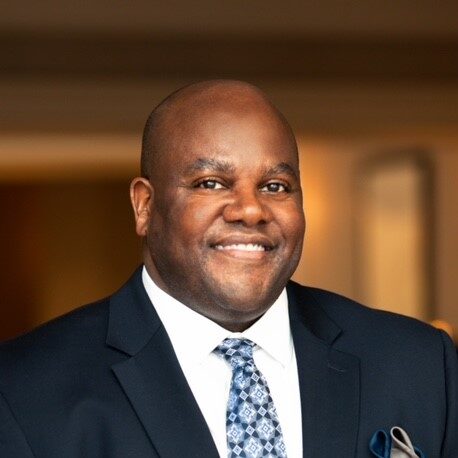NERC and Industry Offer Comments on Exemptions for Inverter-Based Resources Ride Through
Approved by the Board of Trustees in 2024, NERC’s PRC-029-1 standard sets inverter-based resources (IBR) performance requirements ensuring they can “withstand voltage or frequency disturbances inside defined limits” and can “continue operating as specified.” As FERC continues its review of the standard and orders additional considerations to be accounted for before final approval, both NERC and industry stakeholders have weighed in on issues that may impact standard requirements, timelines and implementation.
About the Standard
PRC-029-1 Standard “Frequency and Voltage Ride-Through Requirements for Inverter-Based Generating Resources” advances the reliability of the Bulk Power system by: (1) establishing a clear understanding of what it means for a generator to Ride-through a disturbance; (2) establishing voltage and frequency Ride-through criteria for IBRs to prevent the unnecessary tripping and momentary cessation of energy resulting from unintended performance, such as with phase lock loop loss of synchronism; and (3) ensuring that post-disturbance ramp rates return to pre–disturbance levels.
Exemption Provision
PRC-029-1 also includes a provision that allows IBRs in operation when the standard goes into effect (to be known as legacy IBRs) to obtain an exemption to the voltage and frequency ride-through requirements if hardware replacements would be necessary to comply.
NERC has been directed by FERC to develop and submit two informational filings 12 months and 24 months after the conclusion of the proposed 12-month exemption period for existing IBRs. This directive will help FERC understand the potential volume of exemptions, the circumstances in which entities may invoke the exemption provision and what, if any, effect the exemption provision has on the efficacy of PRC-029-1. From there, FERC may direct NERC on revisions to the standard, but this has yet to be seen.
NERC’s Feedback
NERC has strongly urged FERC to consider requiring only a single informational filing 18 months after the conclusion of the exemption request period, arguing that this will help FERC more quickly receive a single filing providing data and analysis comprehensively discussing the number of requested exemptions, the number of granted exemptions and the amount of aggregated megawatt capacity subject to an exemption. NERC points out the 12 month window may be too soon for NERC to process exemptions and determine the amount of aggregated capacity. Similarly, 24 months is argued to be longer than what is needed.
Industry Responses
Numerous parties have intervened in the PRC-029 docket related to this new standard, some of which have recommended that the standard not go into effect, or be remanded, until certain technical details regarding the compliance obligations of IBRs are resolved. Some intervening parties contend that the standard as written provides for more stringent requirements for ride-through performance than the PRC-024 standard which applies to rotating machines.
Next Steps: TRC Can Help
TRC is closely observing this complex post regulatory issue. The next step is for FERC to issue an order which will provide the FERC’s reaction and directives regarding the standard based on the stakeholder submissions. Our practitioners can assist or supplement your company’s engineering and planning staff in this highly technical area. TRC clients are advised to review the orders and filings on this topic to stay ahead of the FERC’s policy decisions that may impact your company’s planned responses to inverter-based resources interconnection planning and engineering challenges.
Resources
NERC Proposed PRC-029-1 Standard
NERC Petition to approve revised PRC-024 and new PRC-029 standards
NERC March 23 Comments in PRC-029-1 Exemption Reporting Process
TRC Regulatory Update – NERC Approves IBR Related Standards Impacting Renewable Generation
TRC Power System Studies Overview Services
NERC_Compliance_for_Registered_Generator_Operators_and_Owners.pdf
NERC-Compliance-Support-Services-–-Renewable-Energy-Projects.pdf
About TRC’s NERC System Studies and NERC Compliance Practice:
TRC’s approach to power system development and operation balances solutions that incorporate appropriate standards, regulatory requirements, best practices, operational goals and budgets. Our work for public and private sector utility clients is a testament to our understanding of NERC compliance related aspects of your business. Our successful application of technology solutions in a constantly evolving business and regulatory landscape will provide you with confidence regarding your power system compliance programs. Our power system experts help you stay ahead of changing regulatory expectations because they stay engaged with the regulatory process and know how to plan, design and install programs that address your financial, technical and scheduling goals including compliance with changing NERC standards and guidelines as well as industry “best practices” and the latest technology developments.
This regulatory update is a service to TRC’s utility clients, helping keep you informed of issues that impact your company’s electric reliability risks along with related topics regarding future regulatory developments to help you achieve your company’s business goals including compliance with NERC standards.




